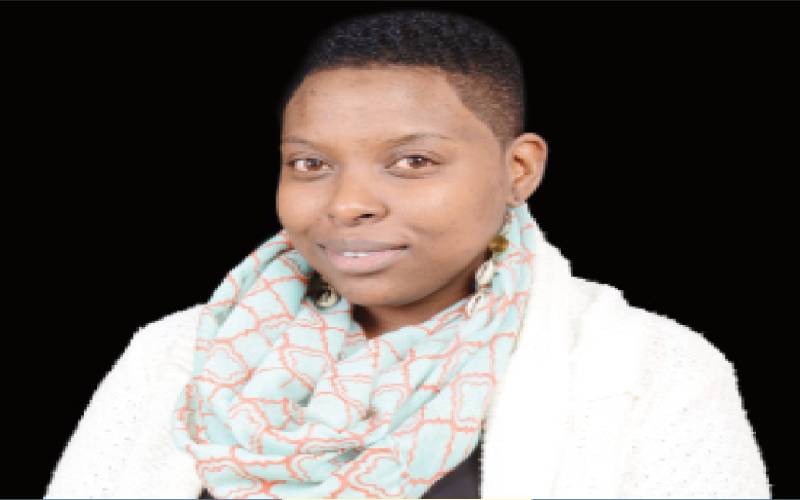×
The Standard e-Paper
Kenya’s Boldest Voice
 “I shut my business down, not because it wasn’t working, but because I needed to save my son from a situation that was detrimental to his wellbeing,” starts Nzisa Waki.
“I shut my business down, not because it wasn’t working, but because I needed to save my son from a situation that was detrimental to his wellbeing,” starts Nzisa Waki.
The massage therapist describes this period as “one of the most painful times of my life. I felt I had failed as a businesswoman and a mother.”